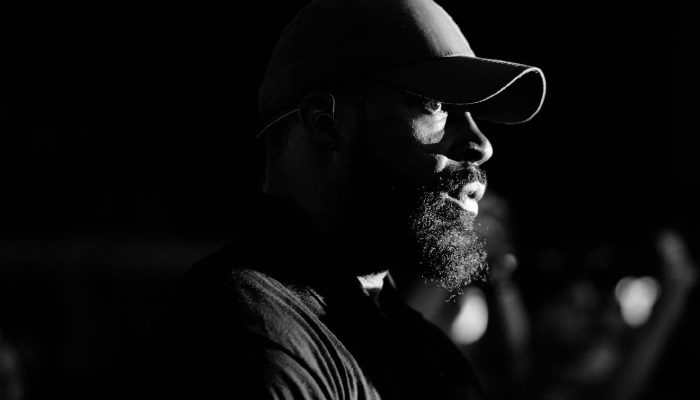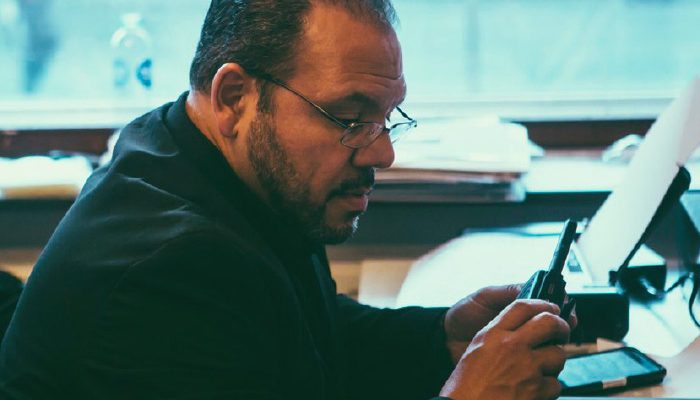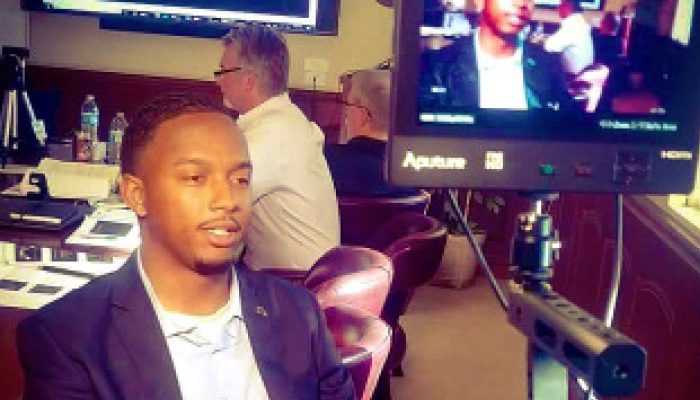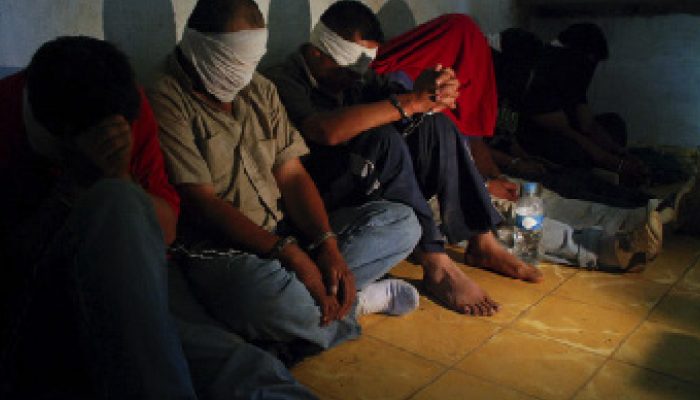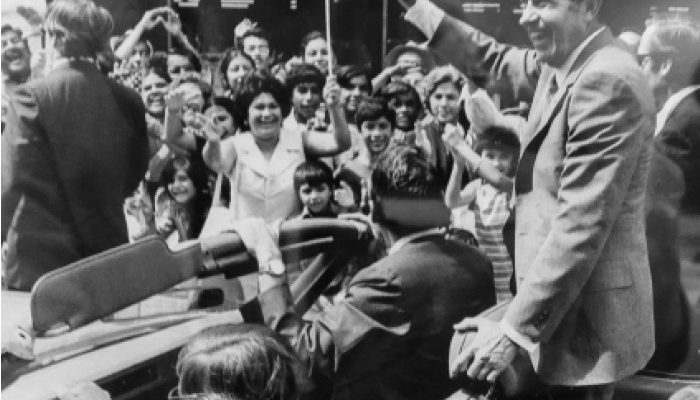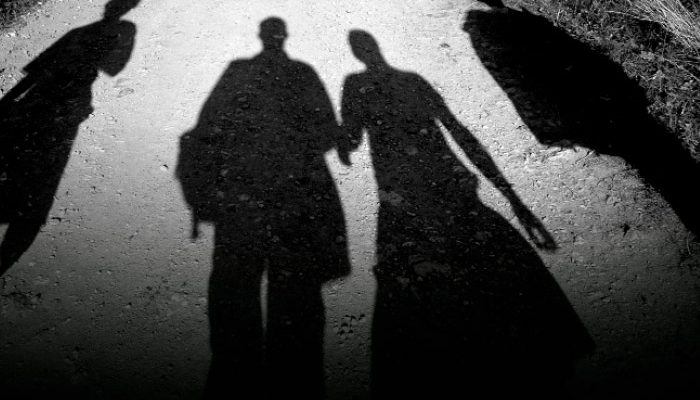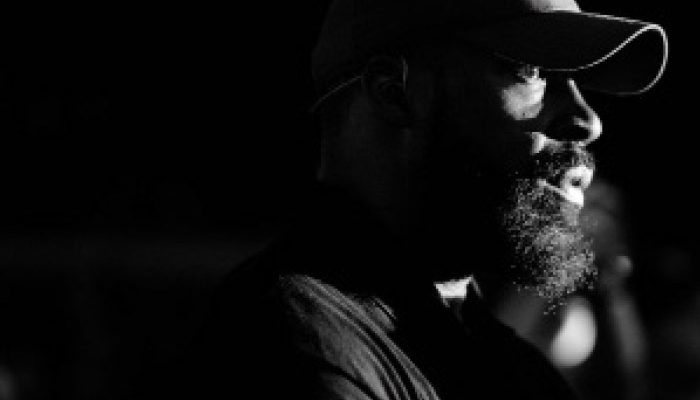In the previous article (Baselines of Behavior, Issue 53), we spoke about the four major behaviors: dominant, submissive, comfortable, and uncomfortable. These are the most prevalent and easiest to categorize and I gave you the means to identify each one. However, identifying the behaviors is not our main goal. Creating a baseline of the behaviors and then looking for clusters of anomalies is the goal. These anomalies highlight changes within the individual’s emotional state around a specific topic and can be crucial for us, as security professionals, to identify a threat early enough to counter it.
Social Media Policies
Anyone who works for you and has their work title/position linked to your company represents your brand and is responsible for your reputation. They can also be a liability for you and may become the weak link of your company and their online activities are such that your competitors can use it against you.
Keeping Your Edge: Is Unity In Our Profession Dead?
As the President-Elect wrapped up his speech, now joined onstage by his extended family, my attention was on the members of the United States Secret Service who were close by. I thought of these men and the job that they were tasked to do. Not knowing them personally, I wasn’t aware of their political affiliations, were they a Democratic like Biden, or a Republican, rooting for the current President, Trump? They, like every other citizen of the country, were allowed to cast their votes, and could have picked either, or none. However, at that moment, on that stage, I don’t think it mattered. These agents, surely knowing the risk associated with the occasion, were focused on the task at hand: The safety of their protective charges, no matter their personal political affiliation.
Emotional intelligence
In today’s lifestyle and business dynamics, solving emotion-related problems is equally crucial in both personal and professional settings. In a professional context, we deal with complex problems and must work as a team to provide the most efficient solutions for our principals or clients.
Foot Steps Episode 5: Mike Smith
Describe your professional journey?
I played on the Georgia State Patrols basketball league then joined the reserve sheriffs, I then did freelance security with 2 Georgia state troopers that started a company. I took a hiatus and actually became a barber while still doing security work on the side. While cutting hair I ran into someone who gave me a window of opportunity which led me to land a 6 figure contract. My company SS consulting specialized in threat assessments and advances but I didn’t just limit myself to that. I would land other contracts doing different types of security. The reality is, it’s who you know vs what you know.
Foot Steps Episode 5: Sam Alicea
What were some takeaways you obtained from your past line of work? And how have they helped you in the private sector realm?
When I look at the totality of what we do in this industry there are quite a few takeaways. From having dealt with the irate couples during a domestic dispute to negotiating a business deal the importance of not only verbal judo but communicative and interpersonal skills tops the list, followed by the skills I learned from collecting evidence at a crime scene where attention to detail was key.
Ammunition – Does it Matter?
In the context of close protection work, the use of firearms is often an all or nothing proposition. In most cases, you are either armed, or you’re not! There is a whole host of things that play into that, be it where you are, your level of certification, or the demands the client puts on you. All of that aside, I wanted to take some time and dig into the finer things, often overlooked when we talk about “strapping up.” Ammunition!
Nonverbal Communication
There’s something to be said about the art of reading people, especially in the protection industry. The ability to pick up on nonverbal communication is an area where most, if not all, protection practitioners are skilled.
Foot Steps: Episode 3 – Devon Taitt
I believe everyone should spend at least a year working the clubs on the weekends. You will develop your self-awareness, situational awareness, verbal and nonverbal communication skills, and overall confidence. It’s controlled chaos. The perfect training ground.
Bodyguards in Mexico
The realities of working as a bodyguard in Mexico are quite different, it’s definitely a lot more dangerous and a lot less glamorous than Hollywood would have you believe.
Mexico is a very high-risk environment that most people know very little about other than what they see in the movies or what is scantily reported in the media. There is very little factual media coverage of what’s going on in Mexico as journalists that report unfavorably about the Narcos, and others tend not to live very long.
Operating in Mexico – The Uncomfortable Truth
There are many misconceptions about close protection and private security operations in Mexico. As usual, most of the myths originate from Hollywood movies and fictional T.V. dramas. The realities of working as a bodyguard in Mexico are quite different, it’s definitely a lot more dangerous and a lot less glamorous than Hollywood would have you believe.
Kidnap & Ransom – Part 1
If you are a security professional with significant high-threat worldwide protective services experience, you know that depending on the client, it may not be a matter of if your client or a family member is kidnapped, but when. You also understand that it is likely that you may not even be directly providing protection for the client at the time it happens and unable to prevent it, especially when they are alone and most vulnerable.
Anything that Can Happen Will Happen… Even the Inconceivable
It seemed the whole city had turned out to catch a glimpse of Mr. Nixon. The plan was to drive to the ramp of Air Force One, put the president into the car and drive from the airport to the city. The motorcade was all aligned according to standard protocol; police lead motorcycles and escort, a lead car with police and the advance agent, the new presidential limousine, Secret Service follow-up with agents and a doctor; White House staff in appropriate cars, the traveling press, a tail car and tail police car. Everything was in preplanned order, What could go wrong?
Protecting Private Families – A Unique Dynamic
What happens when there is more than one primary client? What happens when the “primary” becomes two, three, four, or more? What happens when your client instructs you that their two-year-old, is the primary “client” on a particular day or outing?
Turning Habitual Habits into a Positive
Being an instructor for Tony Scotti’s Vehicle Dynamics Institute has forwarded the opportunity to observe how a large section of professionals interact and function from different niches of the industry. Military, transnational EP teams, US based teams, Federal LEO’s or with civilians this theme shows through. Even in the larger training arena the change can be seen as more of the schools are starting to focus on classes or blocks of instruction such as client management and behavioral analysis. The discussion forms are flooded with conversations relating to how to work in a team dynamic. It doesn’t matter if its a 28 day school or a three day school, they will be touching on and teaching these topics.
Death Of The Solo Specialist
It’s not unusual for practitioners of our craft to find themselves operating as a “solo specialists” alongside their respective clients. The question is, are these days slowly coming to an end? If they are, how will we be able to convey this to our clients?
Foot Steps Episode 1 Kevin Ghee
What are some traits and soft skills that you have acquired from working in inner city Philadelphia that has helped you In your line of work today?
I think the number one skill I’ve learned was the ability to talk to people to get the desired outcome. In the streets, you have to have the skillset to deescalate a deadly confrontation or you have to be able to get information from an individual who never intends to speak to you. That skill does not come overnight, and there’s a lot of trial and error, but the truth of the matter is, it’s all predicated on respect for the other individual. Also, being intentional and understanding what’s at stake are major factors for success.
Keeping Your Edge – Protectors & The Recording Process
An excerpt from the best-selling book, An Introduction to Celebrity Protection & Touring by Elijah Shaw & Dale June. To get the full book, order at Amazon, Barnes & Nobles or Ebooks.com. Limited Signed Editions available at www.ArmsLengthAway.com
Almost without question, if you are a musician, the recording process is the part you love. This is where they get to be creative; it’s where they take an abstract concept and make it a sonic work of art, one that hopefully will generate revenue. While it can be hard work for the artists, for most it’s a labor of love. They have the ability to get paid and earn a living for doing what they enjoy most.
Keeping Your Edge – Measured Responses in Tour Security – Part 3
In the previous instalments of this ongoing series, we discussed the challenges faced by Protectors who work with entertainers that spend at least some portions of their career involved in stage performances.
Industry News
We cast our eye over the main stories impacting the security industry, including, Kanye West’s former bodyguard is calling the rapper a “bully” and is threatening to sue for damages after West accused him of breaking a confidentiality agreement.


